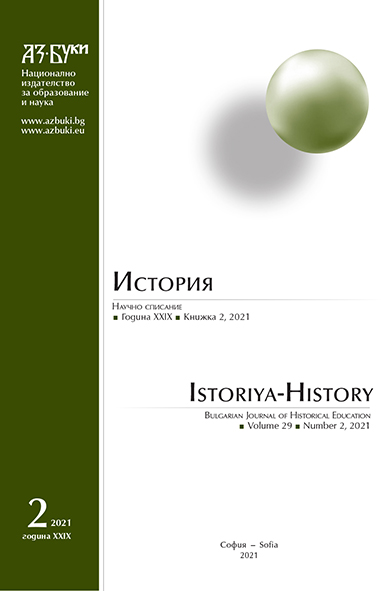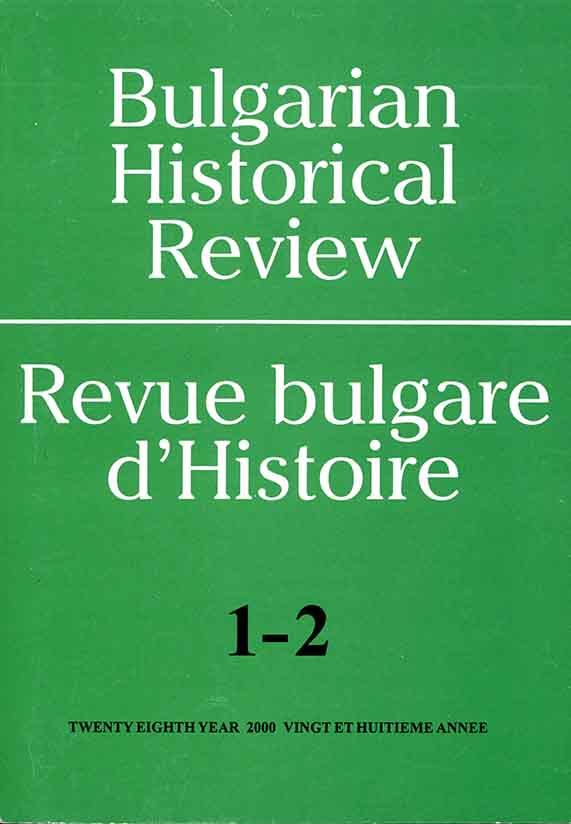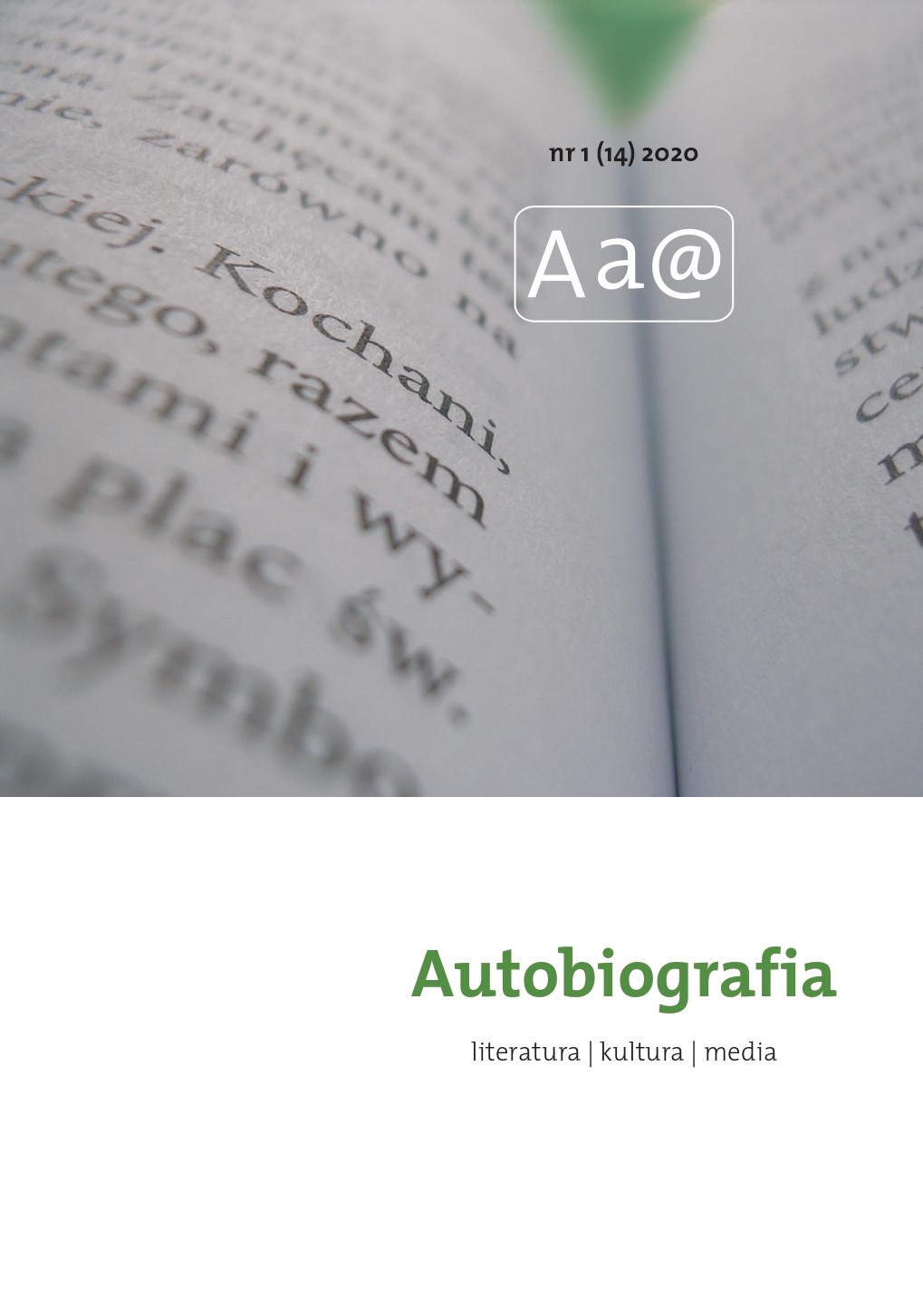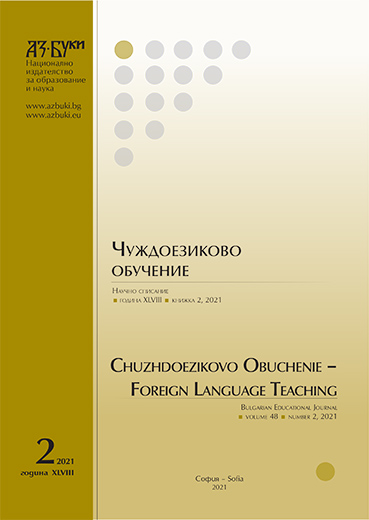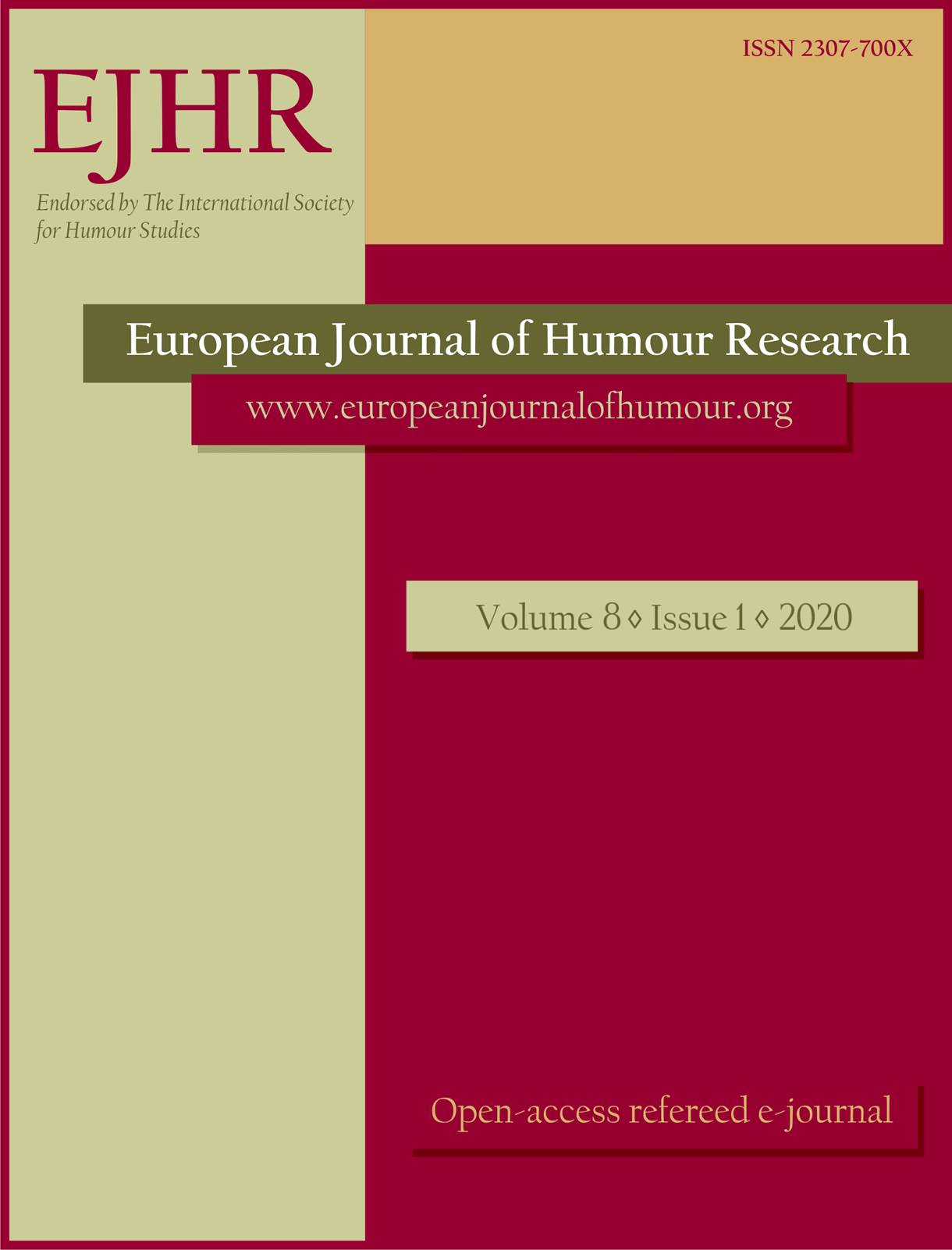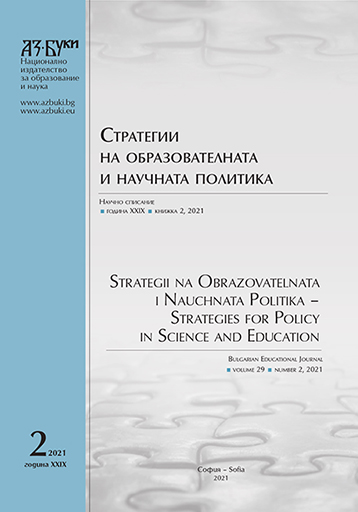
За необходимостта от национален цитатен указател и възможностите на университетските библиотеки да съдействат за съставянето му (из опита на Библиотеката при ИУ – Варна, 2014 – 2020 г.)
The introduction of new bibliometric indicators for measuring scientific work puts the university and scientific libraries in Bulgaria in the need of creation of databases with citations of professors and scientists in every scientific organization. Each country creates its own citation index. The purpose of the article is to analyse existing bibliographic practises for classifying scientific references and the examine the question for the creation of a National platform to unite them, as well as creating a National Reference Register, in particular one for social studies. It is time for us to decide who will manage the combined citation document resources and how to create a Bulgarian index for scientific citation or a National Citation Index, in general and one for the social studies in particular. Social studies are less represented than the other branches of science, for example, in platforms like Scopus and Web of Science, which are the most influential platforms in the world and publishing and citation in them has more weight in the formation of the minimal national requirements for academic growth. I am using the historical approach and comparative analysis to show the practical experience of countries that have created such Registers and have achieved excellent results. I also offer for discussion a model to build a hierarchical structure for exchange of quoted data. The university libraries need exact criteria which citation to list and how the Bulgarian index for scientific citation in general will be formed, as well as the one for social studies.
More...
